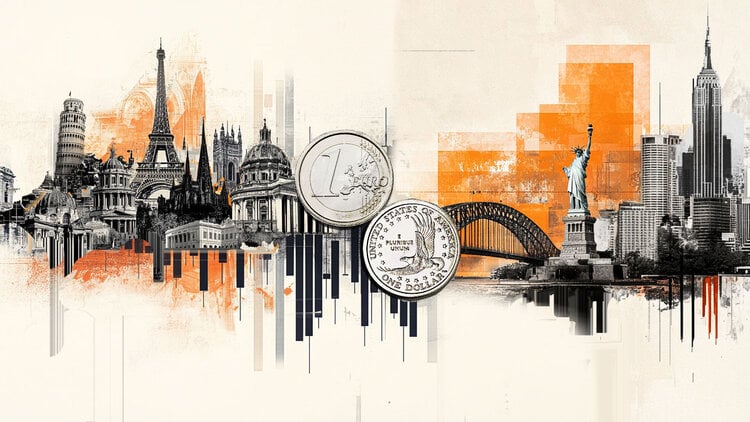Braskem, the largest petrochemical company in the Americas, expects to approve, by the end of June 2023, the construction of a second “green” polyethylene plant, a project under study with a partner in Thailand and which should involve an investment of hundreds of millions of dollars.
The company already operates a green plastic factory, produced from sugar cane, in Rio Grande do Sul, at full capacity of 200 thousand tons and is expected to increase this volume by 60 thousand tons next year, with an investment of 87 million tons. dollars.
The unit in Thailand will take advantage of the idle capacity of the existing installation of the partner SCG Chemicals, said the CFO of Braskem, Pedro Freitas, in a presentation to analysts this Monday.
He avoided setting a value for the investment in the joint venture with SCG, but recalled that he cited the resources applied to the expansion of the Triunfo (RS) plant, in the order of US$ 1,500 per ton.
The company is currently looking at engineering details for the new unit. The ethanol to be used in production will be produced in Brazil from certified sources free from burning or human rights violations, the executive said.
“Thailand is one of the 10 largest ethanol producers in the world, but they still burn the cane…The cost of taking ethanol to the factory does not make the project unfeasible,” he said.
The plant in Southeast Asia will have a volume of at least 200,000 tonnes, which could double the current capacity of the product, highly demanded by large manufacturers of consumer goods that have taken on targets to reduce carbon emissions and whose headquarters are in Europe and Asia.
Braskem has a goal of increasing the production capacity of green PE to 1 million tons by 2030, which represents an annual growth of 21%.
The company started producing plastic from sugarcane in 2010, in Triunfo, but it was not until 2019 that the company began to receive more significant orders for the product under conditions more in keeping with the investment, Freitas said. According to him, the company passes on ethanol price variations to customers.
The petrochemical company claims that green PE made from sugarcane is 100% recyclable and that it can be used in the same equipment that processes plastic of fossil origin, without requiring additional investments from customers, which has helped the company sell the product that for the time being has a higher cost than conventional.
According to Braskem’s vice president of olefins for Europe and Asia, Walmir Soller, 80% of production is directed to the two regions. “It is not possible to make a comparison (of cost) with fossil because those who are looking for green PE are looking for an alternative for decarbonization and a product from natural sources”, said the executive.
To measure the impact of green PE, Braskem claims that each ton of the product is responsible for removing 3 tons of carbon from the atmosphere. And as this carbon is captured in the plastic, it does not return to the environment with the degradation of the material, as with paper.
Freitas acknowledges that Braskem is late in turning the tide of consumer perceptions of plastic over other raw materials such as paper and steel, but that the company is quickly taking action to improve that.
The company, which has a goal of reducing its own carbon emissions by 15% by 2030, cited an example of plastic straws as having a lower carbon footprint and lower water consumption than paper and steel in production.
In addition to increasing the capacity for green plastic, Braskem is investing in recycling the material, one of the biggest problems in the plastics industry. The company expects to increase sales of products made with recyclables to 1 million tons in 2030, compared to 54 thousand tons estimated for this year. In 2021, sales of products with recycled material totaled 22 thousand tons.
Freitas cited as a recent victory for Braskem in this work of convincing the exchange of material for the drinks cups at Rock in Rio. The event’s organizers initially preferred paper, but opted for plastic cups, given the recycling actions promised by Braskem, he said.
Source: CNN Brasil
Joe Jameson, a technology journalist with over 2 years of experience, writes for top online news websites. Specializing in the field of technology, Joe provides insights into the latest advancements in the industry. Currently, he contributes to covering the world stock market.







